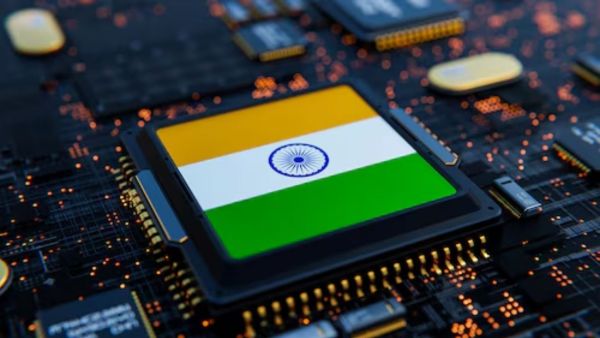
Giving information, the country's Union Minister Ashwini Vaishnav said that the telecom system using Made in India Chips has passed the standard and quality test. After which the certification has also been obtained from the Telecommunication Engineering Center. Which is being considered a big achievement. IT minister Ashwini Vaishnav described it as a big jump in India's semiconductor history on his social media handle x. He said that TEC's approval proves that designed and manufactured chips in India are now capable of strengthening complex telecom systems and completing international quality standard.
The TEC certification is much more than a regulatory seal. It is the official assurance of the telecom department that a product completes a tough test and safety standard. For telecom components, which are the backbone of India's digital economy, it is important. After getting the certification, India will be able to stand against the rest of the countries of the world. Also, semiconductor chips will be supplied at home level. Also, export avenues will be prepared in the rest of the world.
Big Leap for India Semiconductor Story!
In a first, a telecom system running on made in India chips has cleared the standards & quality tests (Teac Certification). pic.twitter.com/TFQLF04OOL
- Ashwini Vaishnaw (@ashwinivaishnaw) September 5, 2025
Over the years, India has been very much dependent on imported chips for the operation of everything from smartphones and telecom towers to cars and data centers. TEC approval is a step towards reducing this dependence. It also indicates the progress of the government's Make in India and self -reliant India goals, especially in the sector of electronics and semiconductor. Although India has not yet started the advance factory, it is constantly building capacity in chip design, assembly and testing. Currently, the manufacture of mature nodes in 28Nm to 65Nm range is being focused on, which are not state -of -the -art, but are indispensable for telecom, automotive and industrial applications.
Global companies are competing to master AI and sub-5 NM chips used in AI and smartphones. However, India is adopting a different route. By focusing on mature nodes, he is trying to overcome the deficiency in the supply chain which has come out during the recent shortage. Bustian Research has stated in its recent analysis that India's strategy is to provide world class integration service and scalable solution instead of making direct competition from veteran companies like TSMC or Samsung in state -of -the -art nodes. According to the report, there is already a depth of talent and engineering to fulfill global demand in India and it is moving towards rapid expansion.